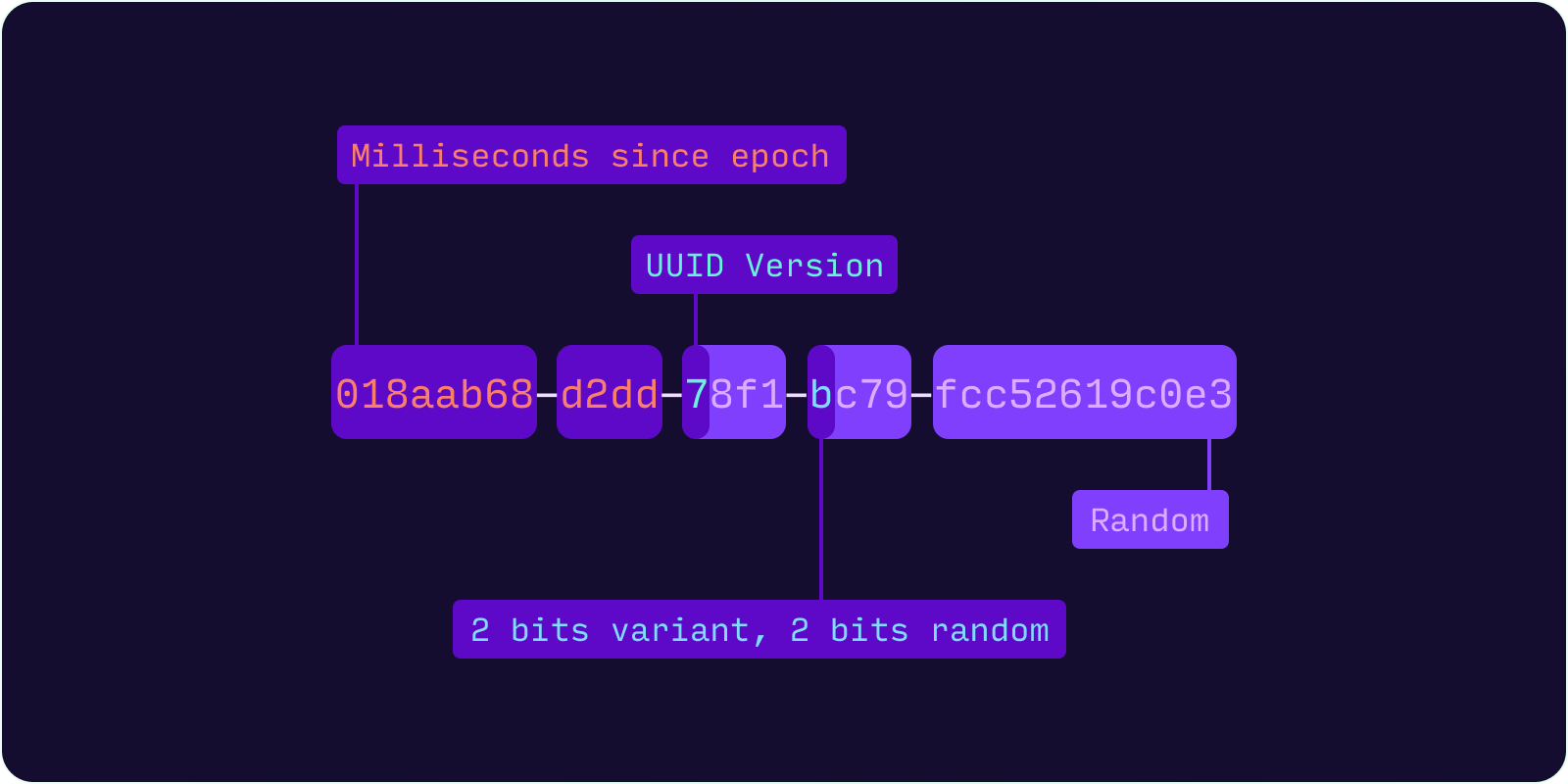it feels we’re creeping ever closer to that goal of providing the missing communication layer for the open Web. The European Union’s Digital Markets Act (DMA) is a huge step in that direction - regulation that mandates that if the large centralised messaging providers are to operate in the EU, they must interoperate. We’ve been busy working away to make this a reality, including participating in the IETF for the first time as part of the MIMI working group - demonstrating concretely how (for instance) Android Messages could natively speak Matrix in order to interoperate with other services, while preserving end-to-end encryption.
Matrix seeing DMA as supportive towards their goal of open web's communication layer. Actively demo'ng Android interoperability while preserving E2EE, and participating in IETF / MIMI ( https://datatracker.ietf.org/group/mimi/about/ )
